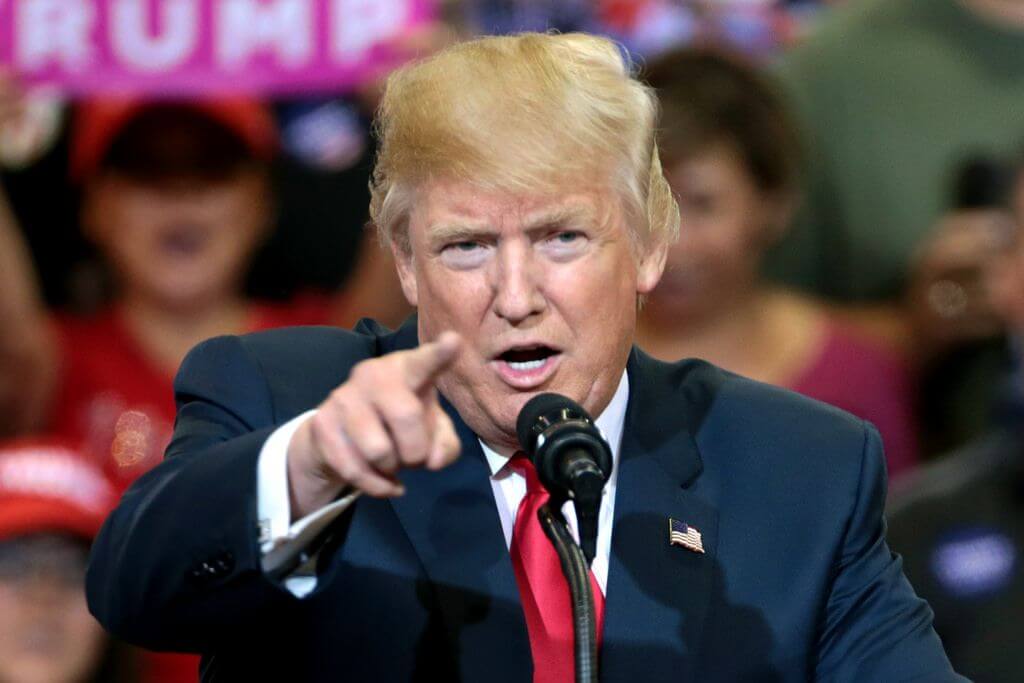Trump’s team is eyeing XRP, Solana, and USDC reserves as part of its “America First” policy. The move is aimed at promoting cryptographic innovation in the United States. However, some wonder if this move will come at the expense of promised Bitcoin reserves.
President Donald Trump’s transition team is actively considering the creation of a strategic reserve fund for certain digital currencies other than Bitcoin. Sources reveal that the focus is on US-based cryptocurrencies such as XRP, Solana, and stablecoin USDC, with the aim of strengthening the US position in the global crypto market.
The initiative comes as part of President Trump’s broader “America First” policy, and could represent a major shift in the digital finance space toward recognition and support for cryptocurrencies originating in the United States.
The idea of creating a strategic reserve for these assets is seen by some as a way to foster innovation and maintain America’s lead in emerging financial technologies.
XRP, Solana, USDC are all from US-based companies
XRP is partnering with Ripple Labs, a cross-border payments company based in San Francisco. Meanwhile, Solana (SOL) is partnering with Solana Labs, also based in San Francisco, and USDC is partnering with Circle, headquartered in Boston, Massachusetts.
The inclusion of XRP, which is embroiled in a legal battle with the SEC, could signal a possible change in regulatory stance under the Trump administration.
Ripple CEO Brad Garlinghouse and other key figures have reportedly spoken with Trump, suggesting a possible thaw in the icy relationship between the crypto sector and regulators.
Had a great dinner last night with @realDonaldTrump and @s_alderoty.
Get off to a strong start in 2025! pic.twitter.com/UjM6lahUG4
— Brad Garlinghouse (@bgarlinghouse) January 8, 2025
Solana, an Ethereum competitor known for its high throughput, and USDC, one of the most widely used stablecoins pegged to the US dollar, are also being considered. This move could encourage further development and adoption of these platforms by providing approval, or at least a form of recognition, from governments.
The anticipation for these developments is palpable, with the crypto industry on high alert for any executive orders or policy announcements that may be issued when the Trump administration takes office on January 20th.
The sector is particularly excited about regulatory changes, including the possible repeal of SAB 121, which could further open up avenues for banks to tackle crypto assets.
As Inauguration Day approaches, all eyes will be on whether these strategic reserves will actually be approved and how they will shape the future of cryptocurrencies in the United States, and how digital finance will evolve under President Trump’s leadership. A new chapter could begin.
Does this mean Bitcoin could be sidelined?
However, this strategy has caused debate within the crypto community. While some have praised the potential for increased legitimacy and support for a U.S.-based digital currency, there are concerns that this focus could leave Bitcoin, the original and most recognized cryptocurrency, on the back burner. Some people express that.
Such policies skew market trends in favor of these select altcoins, rather than potentially impacting the decentralized ethos that many in the crypto industry hold dear. There are concerns that this may be the case.
However, there is no sign that the transition team is ignoring Bitcoin. Additionally, Donald Trump originally proposed creating a Bitcoin reserve during his campaign. Only time will tell how this situation will play out, especially with less than four days left until Donald Trump’s swearing-in.

